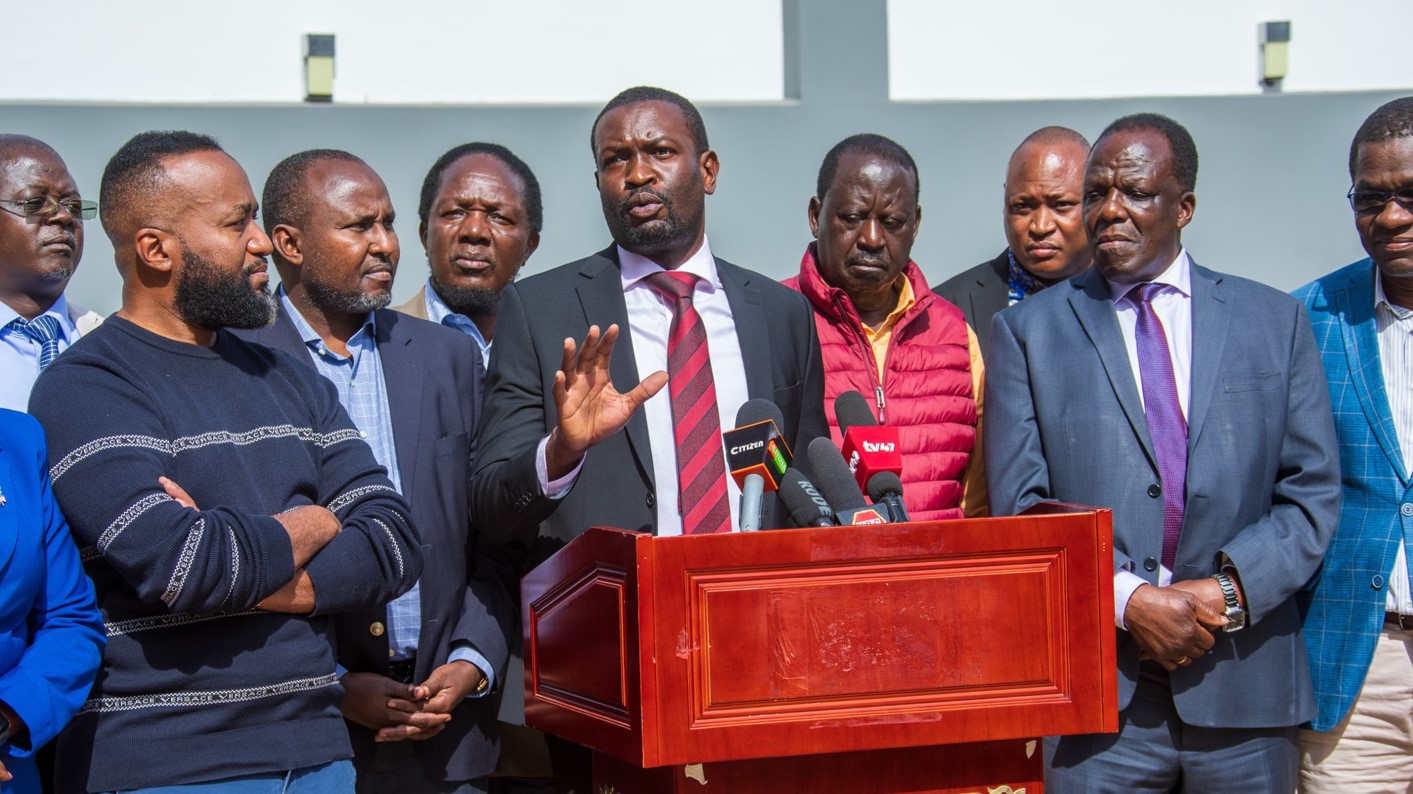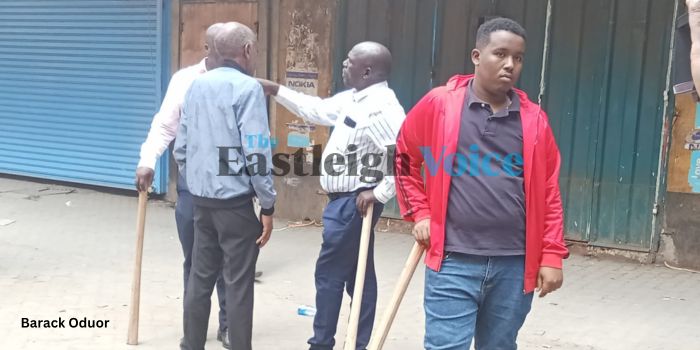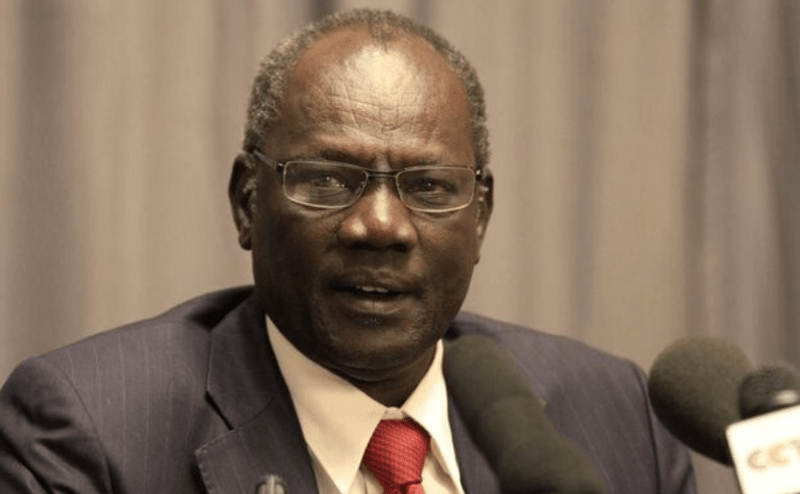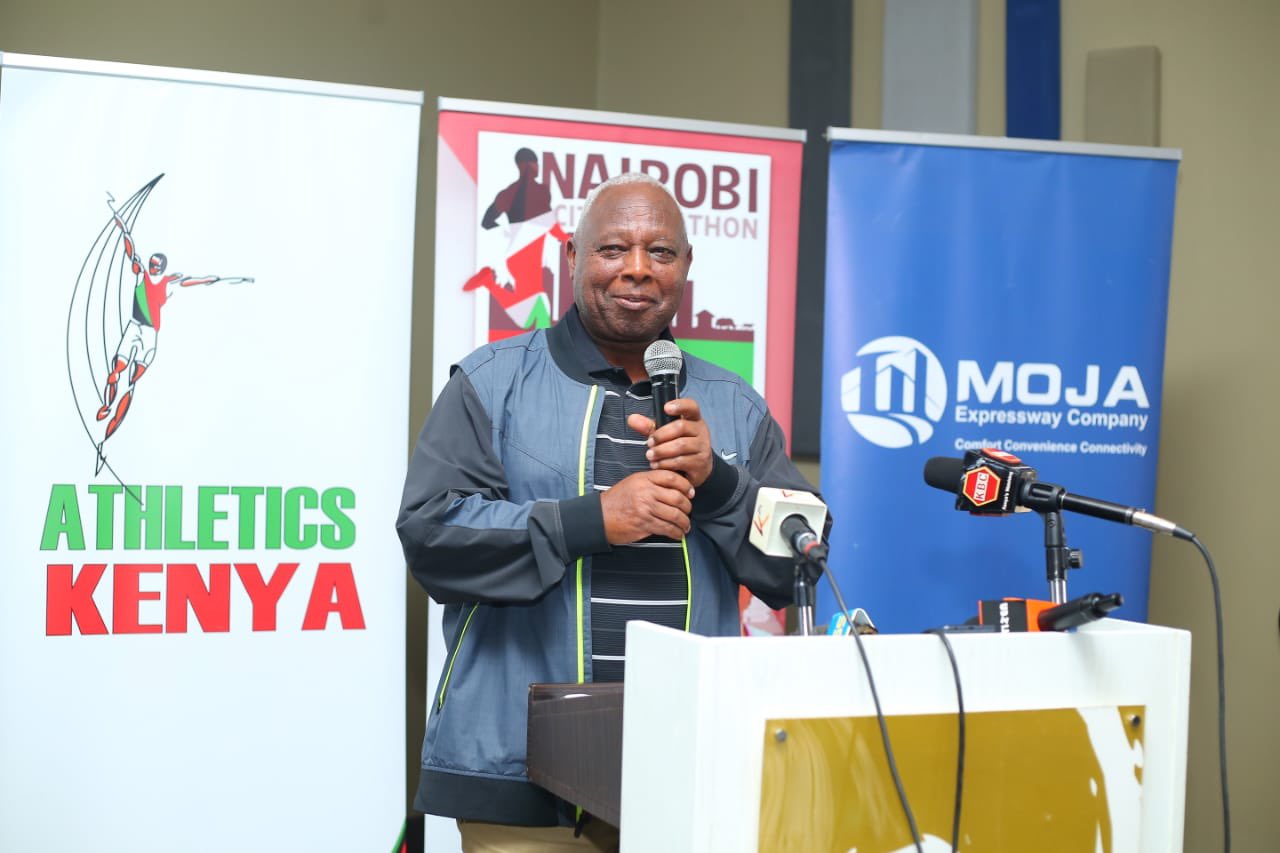Wetang'ula urges Amnesty International to focus on low profile cases
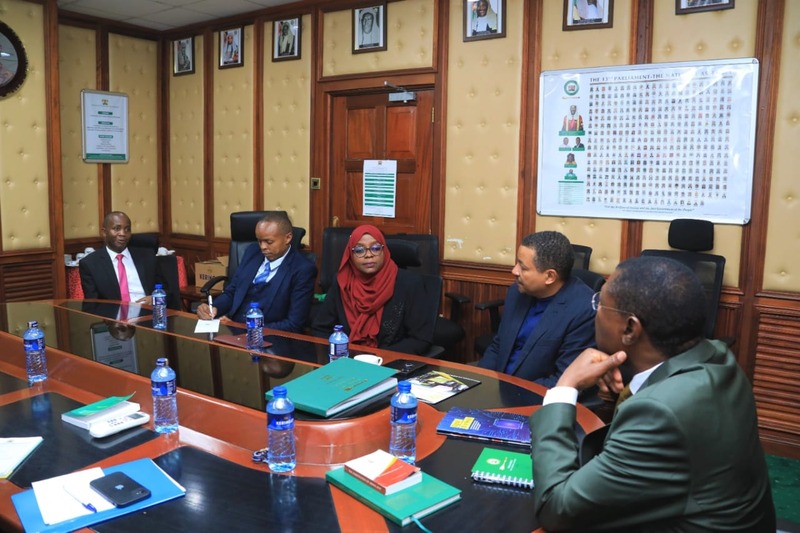
By Barack Oduor |
He said there exists non-visible cases which have been ignored by human rights organisations which are hurting the society.
National Assembly Speaker Moses Wetang'ula has challenged Amnesty International to broaden its span on the administration of justice to include low-profile cases.
Wetang'ula pointed out that Amnesty International should not only focus on high-profile cases.
Keep reading
- Amnesty and ICJ call for ban on plainclothes officers and unmarked vehicles in protests
- Explainer: Applicable procedure and implications of rejection of Finance Bill 2024
- Wetangula refers President Ruto's Finance Bill memo to Finance committee for review
- Wandayi calls for withdrawal of police surrounding Parliament amidst Finance Bill debate
He said there exists non-visible cases which have been ignored by human rights organisations which are hurting the society.
"Amnesty International has done well on high-profile cases at the expense of soft crimes which are more harmful to society," he said.
The Speaker made the remarks when he met a team from Amnesty International in his office at Parliament Buildings on Wednesday.
The team was led by Executive Director Houghton Irungu with Speaker Wetang'ula saying cases such as incest among the rich are on the rise.
Incest, he said, was eroding morals in the society, adding that human rights organizations were not talking about the vice.
The Speaker noted that the House, through the Justice and Legal Affairs Committee (JLAC), was reviewing the Penal and Civil Procedure codes.
He explained that the House's decision to review the laws culminated from a meeting he had with Chief Justice Martha Koome who asked for the National Assembly's intervention on the same.
"I held a meeting with the Chief Justice and she sought the National Assembly intervention to review provisions in the Kenyan law that were colonial in nature and violated the basic rights of citizens," said Speaker Wetang'ula.
Wetang'ula further said the National Dialogue Committee (NADCO) report that is before the House will be subjected to public participation as required by the law.
He pointed out that the report will be subjected to a debate by Members, noting that amendment would be allowed during the process.
"No Member will be stopped from bringing any amendment to the report," he said.
The Speaker told Azimio leaders to shun from dictating to the House on how to handle the report.
Wetang'ula blamed the emergence of criminal cults like the Shakahola on weak law and noted that he hoped that justice would be done to families that lost their loved ones in criminal activities.
Irungu, who presented Amnesty International's strategic plan to the Speaker, noted that they will continue to engage Parliament to streamline criminal justice in the country.
Amnesty International Kenya was registered as a non-governmental organisation in 2012 after a decade of human rights protection from either London or Kampala. Over the years, it successfully contributed to strategic policy and legislative changes.
They have sought to deepen relationships within the Executive, Cabinet, Parliament, independent agencies and constitutional commissions, civic organisations, trade unions, and community-based human rights organisations to stand for and protect human rights.








